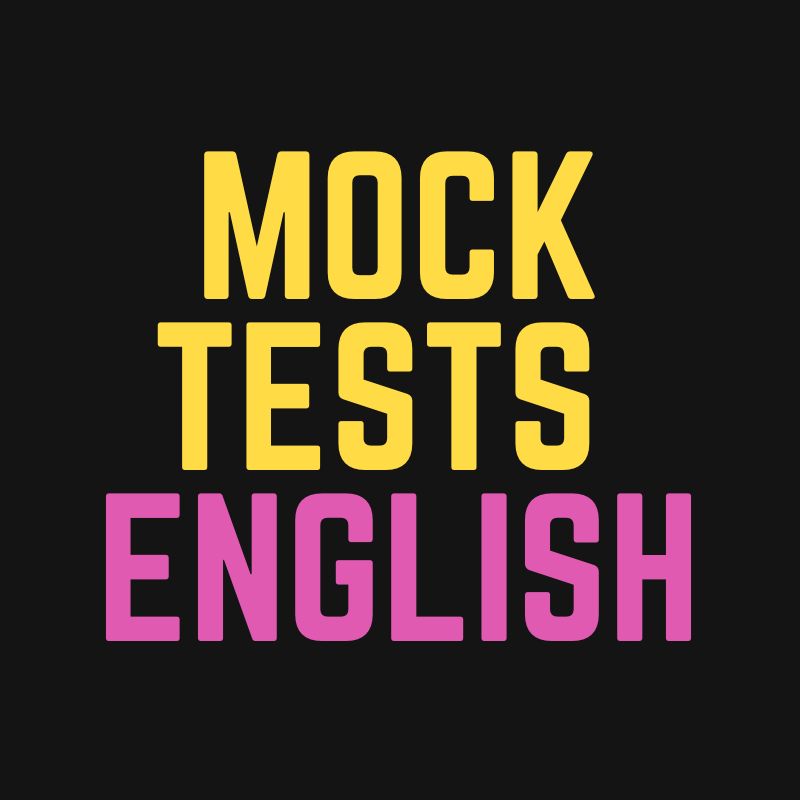Topic: Some people think the government should invest more money in teaching science than other subjects in order for a country to develop and progress. To what extent do you agree or disagree?
The role of education in national development cannot be overstated, and science is often seen as a key driver of progress. While I agree that governments should prioritize funding for science education to stimulate innovation and economic growth, I believe that other subjects are equally important for a country’s overall development.
Investing in science education can significantly contribute to a nation’s technological advancement and economic prosperity. Breakthroughs in areas like medicine, renewable energy, and artificial intelligence rely heavily on a scientifically skilled workforce. For instance, countries like the United States and South Korea, which have emphasized science and technology education, are leaders in innovation and enjoy robust economies. Furthermore, advancements in science can address global challenges such as climate change, making it a crucial area for investment.
However, focusing exclusively on science at the expense of other disciplines can have detrimental effects. Subjects like the arts, humanities, and social sciences play a critical role in fostering creativity, cultural preservation, and social understanding. For example, history and literature help people learn from the past and develop critical thinking, while subjects like economics and law ensure effective governance and policymaking. A well-rounded education system is essential for creating balanced individuals who can contribute to all aspects of society.
In conclusion, while prioritizing science education is essential for innovation and progress, equal attention should be given to other subjects to ensure holistic national development. Governments should strive to create a balanced curriculum that nurtures diverse talents and skills.
•Key driver of progress: a primary factor that leads to advancement.
•Breakthroughs: significant discoveries or developments.
•Renewable energy: energy from sources that are naturally replenished, like solar or wind power.
•Artificial intelligence: the simulation of human intelligence by machines.
•Scientifically skilled workforce: employees with advanced scientific knowledge and skills.
•Global challenges: issues that affect the entire world, such as climate change.
•Arts and humanities: subjects like literature, history, and philosophy.
•Social sciences: disciplines like sociology, economics, and political science.
•Cultural preservation: maintaining and protecting cultural traditions and practices.
•Social understanding: awareness and comprehension of social dynamics and differences.
•Effective governance: efficient and fair management of a country’s affairs.
•Prioritize funding: allocate more resources to a particular area.
•Fostering creativity: encouraging imaginative and innovative thinking.
•Critical thinking: the ability to analyze and evaluate information.
•Balanced individuals: people with well-rounded skills and knowledge.
•Diverse talents: a variety of abilities and skills across different areas.
•Crucial area for investment: an important sector requiring financial support.
